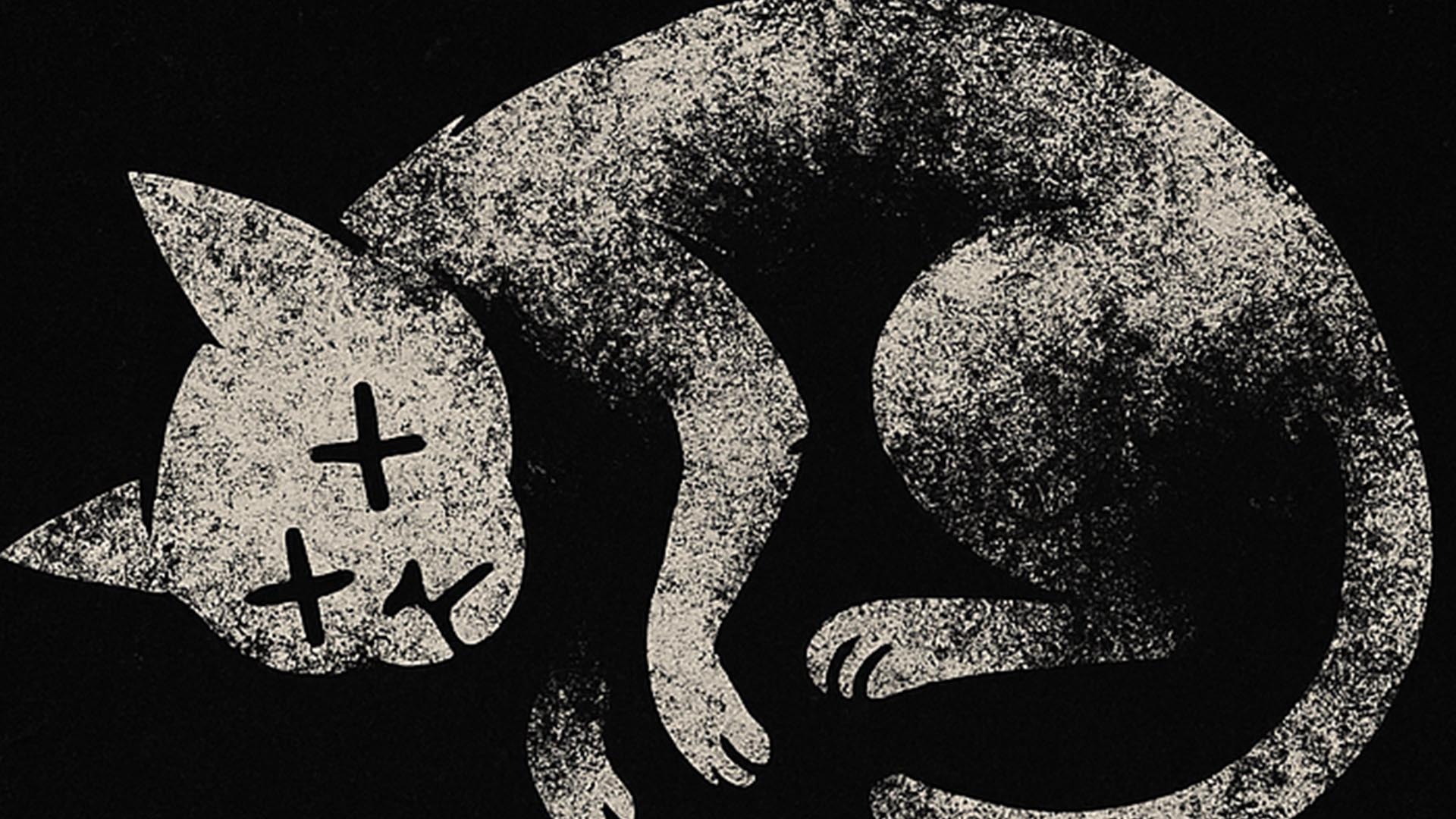Nine Lives Lost is a bit of a paradox for me. I’m not entirely sure why I keep doing it, but I do. At the heart of it, it’s really about the writing—getting something out of my head and onto paper. The music comes after that, the words always take the lead. Yes, we make demos, but the words are the driving force. They’re the core of the song, the part that I want to share.
We’ve had to lean on AI to help package everything up because, frankly, studio time is beyond our reach. Plus, I know I don’t have the voice to pull off some of the songs as I envision them. We’ve got songs that are end-to-end traditional, but truthfully, I don’t connect with them as much as I do the tracks produced with AI. Don’t get me wrong, making music with AI is no walk in the park—it’s still a lot of work. And even then, you only get 80-90% of what you’re trying to achieve. But it’s enough to move the project forward.
What’s exciting now is that we’re starting to blend the AI-produced tracks with real vocals and instruments, something that feels a bit more like a true collaboration between man and machine. AI has given me a tool that I never had before. In the past ten years, I’ve completed three songs, accumulated hundreds of concepts, and filled up countless notebooks. Before AI, that’s all I had—ideas in my head and a lot of scribbled notes.
I’d love for making music to be my full-time job, but it isn’t. I write when I can, and I do the best with what I have. I don’t claim to be a musician, but I still have something to say. I hope that someone out there finds something of value in the stories I’m sharing through my music. If even one person connects with a line, a melody, or a feeling, it makes it all worth it.

